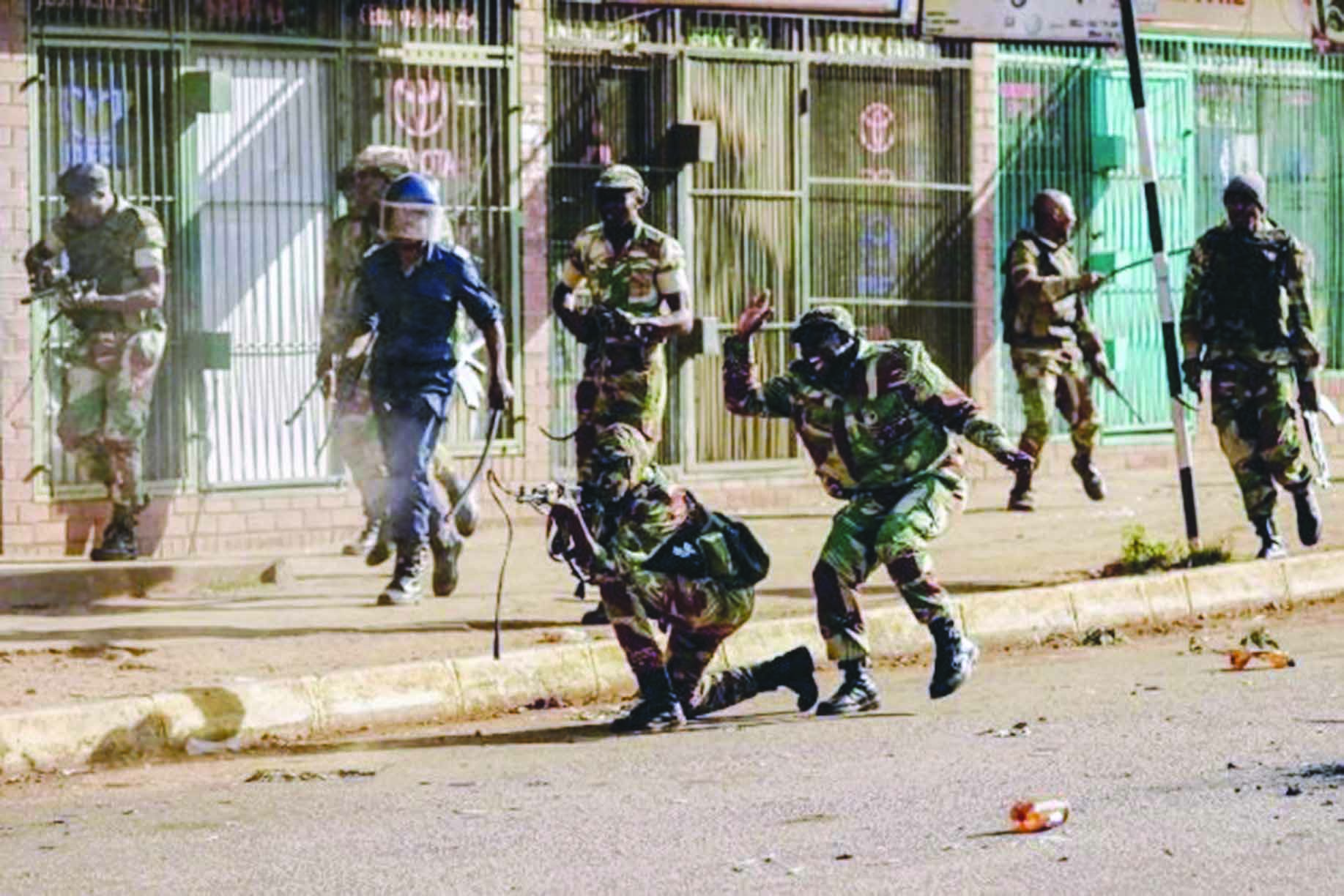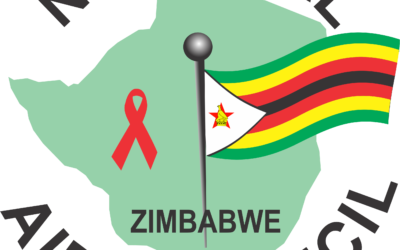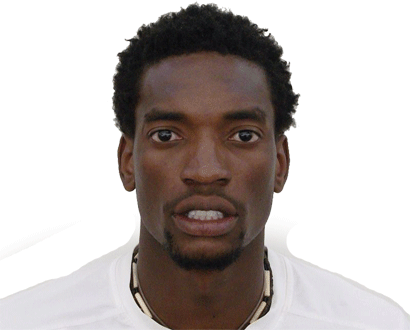
TURNING points for a country are moments in history when a nation is at crossroads. Key people have a choice to either continue leading in a particular trajectory or abandon course and embark on a different path.
Often this choice is between serving a greater national good and preserving a narrow personal agenda or boosting an ego. When a choice is made for individual aggrandisement, the country misses an opportunity to progress.

Zimbabwe, like every other country has had several turning points with the most significant in November of 2017.
For the first time in almost 40 years the country was on the brink of real transformation. There was a buzz about it.
Like most turning points, several people had opportunities to influence the ultimate outcome. Traditional critics and opponents of the government could have acted in a way to extract reciprocal good behaviour out of the new administration.
Nelson Chamisa’s personal motto was “God is in it”. Perhaps God was and may well still be in it. The full counsel of God’s word in Romans 12:17-19 says: “Never hold a grudge or try to get even, but plan your life around the noblest way to benefit others … don’t be obsessed with taking revenge, but leave that to God’s righteous justice … If your enemy is hungry, buy him lunch! Win him over with kindness. For your surprising generosity will awaken his conscience, and God will reward you with favour. Never let evil defeat you, but defeat evil with good.”
The above scripture sounds absurd to the average person because it is contrary to our reasoning. The victim being held more responsible than the perpetrator, sounds preposterous. It is, however, an explicit instruction from God and a constant biblical theme.
The Constitutional Court decision on the 2018 presidential election result was another turning point for the country. After all the legal routes had been exhausted, it was best to concede, not necessarily because one has lost, but because it was the right thing to do for the country.
- Chamisa under fire over US$120K donation
- Mavhunga puts DeMbare into Chibuku quarterfinals
- Pension funds bet on Cabora Bassa oilfields
- Councils defy govt fire tender directive
Keep Reading
The ouster of long-time president Robert Mugabe was a turning point packed with great opportunities for Zimbabwe.
The people, who gave President Emmerson Mnangagwa the benefit of the doubt at the beginning, can now rightfully stand on a pedestal and say, we gave you a chance. It takes away any excuses. The sanctions noise is a good example of these opportunistic excuses.
Given the slightly improved selected strides that the government has made, like infrastructure prioritisation and devolution, there could have been more if the national mindset had risen beyond political contestation.
The departure of Mugabe was an opportunity for the new Zimbabwe administration to distinguish themselves from the notoriety of the former president. Everything indicates that they have not satisfactorily done so.
It did not call for instant reversal or undoing much, but simply not repeating the same glaring mistakes done by the predecessor.
Mugabe was mostly criticised for, among other things, having a heavy hand on dissent. The response to the unrest after the 2018 general election, where live ammunition is said to have been used by the military, was a stark reminder.
The incident resulted in at least six deaths and several injuries. This was seen as a return to the same heavy-handed tactics of dealing with political opponents.
Government now had a task on its hands, to convince Zimbabweans and the international community that this was not a continuation of the old heavy hand.
Probably feeling the pressure and sensing disappointment in the social mood, Mnangagwa set up the Motlanthe Commission of Inquiry into the August 1, 2018, deaths.
This gave the impression of a government willing to be accountable for its actions, a significant partial departure from the old.
After about three months of listening to several testimonies and accounts from different people the commission gave its report to Mnangagwa with a number of recommendations. The concise implementation of these recommendations has been lacking.
The general expectations were that individuals would be identified for specific roles and punished by a legal process. It didn’t quite unfold that way and that reinforced the belief that impunity was continuing.
The events from the November 2017 military coup right up to Mnangagwa’s inauguration in late 2018 presented many turning points that were not taken. They are missed opportunities.
After the inauguration, a call for the main opposition to take up a recognised position in parliament and also join the Political Actors Dialogue (Polad) was spurned. The invitations were seen as an attempt to legitimise a disputed presidency and a possible source for backlash from an already inflamed voter base.
There is a thin line at every turning point between taking an opportunity and neglecting one. As far back as 1990, Mugabe could have chosen to retire himself to party headquarters.
He had already led the country for 10 years during which he had managed to deliver the Unity Accord in 1987. The opportunity to become a sincerely revered and respected nation builder was missed and he went on to become a liability to his country and party.
In 2009, Zimbabwean monetary authorities leaned to the United States dollar instead of negotiating for the South African rand. That was a carelessly taken wrong turn and a missed opportunity.
Another turning point in Zimbabwe was at the year 2000 constitutional referendum. Amendments that could have seen a more organised and legal land reform process were contaminated by clauses that sought to entrench excessive presidential powers for the increasingly unpopular Mugabe.
Consequently, the draft proposal was emphatically rejected by the masses. This was seen as a direct rebuff of Mugabe. It was a wake-up call for Zanu PF to reinforce its hold on power ahead of the 2002 presidential elections.
Many manoeuvres were initiated but very significant was the roping in of long-time critic of Mugabe and political scientist Professor Jonathan Moyo.
The professor had been the spokesperson for the constitutional commission whose draft had been rejected. Moyo was appointed to the Information portfolio. This was the birth of toxic misinformation by the government.
Cunningly veiled divisive messages began to flow from government media platforms creating an “us and them” narrative.
Any differences with these messages were immediately labelled as unpatriotic and works of colonised puppets of the West with an imperialist agenda. The nation became polarised by the narrative that said any government critic was an enemy of the liberation struggle and a sell-out.
Genuine criticism was being deliberately conflated with an emotive issue. Millions believed the propaganda. At that very moment, Moyo could have decided to use his platform for nation building rather than promoting an individual.
Every general election thereafter was characterised by notable instances of violence and disputes. This was a turning point in national cohesion. Political party persuasion became more important than the national agenda.
This saw the introduction of draconic media laws in the form of now repealed Access to Information and Privacy Protection Act (Aippa) and the infamous Public Order and Security Act (Posa).
Moyo is widely believed to have been the chief architect of both pieces of legislation. In his defence, Moyo says he has never held any position in government that was responsible for crafting laws. Such words are hardly surprising coming from a master of spin.
What was most apparent though is that Moyo had become something of a pseudo-prime minister. In an attempt to clip his wings and dilute his sway on the president the ruling party lost Moyo who later ran for the parliamentary seat for Tsholotsho constituency as an independent.
In an off-the-cuff assessment, Mugabe acknowledged the value of having Moyo on his team but bemoaned his stubbornness.
This is the era that Zimbabwe embarked on obsessive, toxic and demonising political narratives over truth. Hateful communication became acceptable, state media became unashamedly partisan and journalists became compromised.
Zimbabwe has never recovered from this phenomenon of vitriolic misinformation. The likes of current deputy Chief Secretary to the President and Cabinet, George Charamba, who have been in and around the echelons of media and public information for decades, has a duty to return the country to healthy communication.
If they are too constrained to make a U-turn, perhaps it is more dignified to bow out and give the country an opportunity to heal without their negative influence.
In recent days, Moyo has launched a campaign on social media, questioning the legitimacy of the opposition Citizens Coalition for Change party. He states that the new political outfit has no national structures and therefore illegal and cannot claim to represent citizens.
Will the latest moves by Moyo mark another propaganda turning point or fizzle out as hot air? Only time will tell!
- Tshuma is an entrepreneur and social commentator from Bulawayo. Twitter: @TaisaPT.










